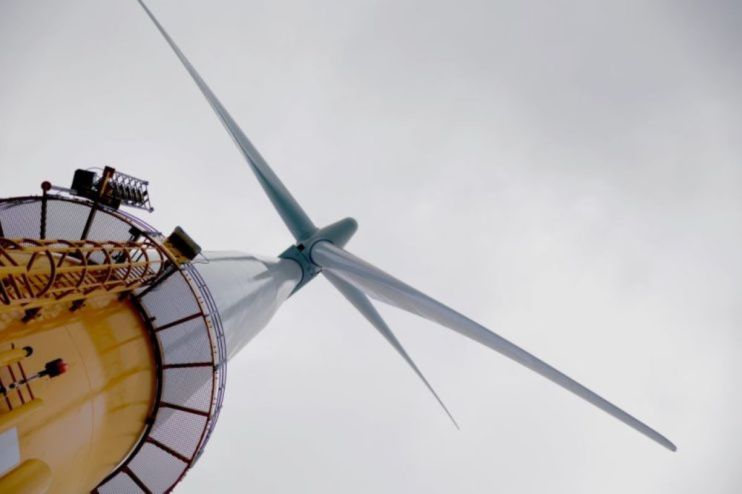The one winner from the UK’s miserable summer?… Wind turbines

Brits have been disappointed by persistent gloomy weather this summer, with July characterised by clouds, rainfall and even thunderstorms.
But there has been one winner from the overcast skies and blustering breeze, wind turbines – with offshore and onshore generation helping to ramp up supplies and drive down prices, easing people’s energy bills.
Callum Macpherson, head of commodities at Investec, told City A.M. that renewable generation making a meaningful contribution to meeting demand, which had declined with reduced air conditioning usage with dropping temperatures – in contrast to June’s heatwave.
Wind had also offset a slight decline in solar power generation, weighed down by the comparative lack of sunlight.
“The hot weather in June led to record solar power production, which helped to meet strong electricity demand for air-conditioning. The rest of the summer has been pretty miserable in Britain, which reduced solar power output, but wind generation, especially offshore, has picked up and air-conditioning demand has fallen,” he said.
“Renewable energy generation has helped to keep energy prices down over the summer in spite of disruptions to gas supplies due to maintenance on facilities in the North Sea,” he added.
Wind generation remains robust with warm weather failing to revive in August, with renewables making up 34.9 per cent of today’s supply mix compared to 30.3 per cent for fossil fuels.
Gas is currently trading 76.4p per therm on the spot market, having dipped as low as 66p per therm in July – as close as its come to pre-crisis conventions of 40-45p per therm, and well below the near £8p per therm spike last summer, while electricity costs fell even more dramatically.
“The day-ahead price of electricity dipped to close to zero in early and mid-July and roughly halve in a late July dip. These dates correlated with particularly high wind speeds,” Macpherson said.
European think tank Bruegel’s latest report on gas consumption reveals that Europe has sustained its reduced consumption levels since bringing in energy saving measures last winter, with demand down 21 per cent in the EU last month and 20 per cent below expectations in the UK compared to last year.
However, the UK’s miserable summer weather was an outlier compared to the rest of Europe, Africa and North America, with the latest data from the Copernicus Climate Change Service showing that July was the hottest month ever recorded for global temperatures.
The findings revealed that it was nearly 1.5 degrees celsius above averages recorded post-industrialisation, with temperatures climbing well above 40 degrees om the continent while Antarctica is reporting the lowest ever levels of sea ice.
“Just because it’s cool and rainy in the UK right now doesn’t mean we’re somehow escaping all this. We import half our food – half of that comes from parts of the world most vulnerable to climate-driven extremes,” said Gareth Redmond-King, head of international programme at the Energy and Climate Intelligence Unit.
“Shortages and price-rises in staple foods will only make the cost of living crisis worse – hitting, as climate impacts do everywhere in the world, the poorest hardest.”